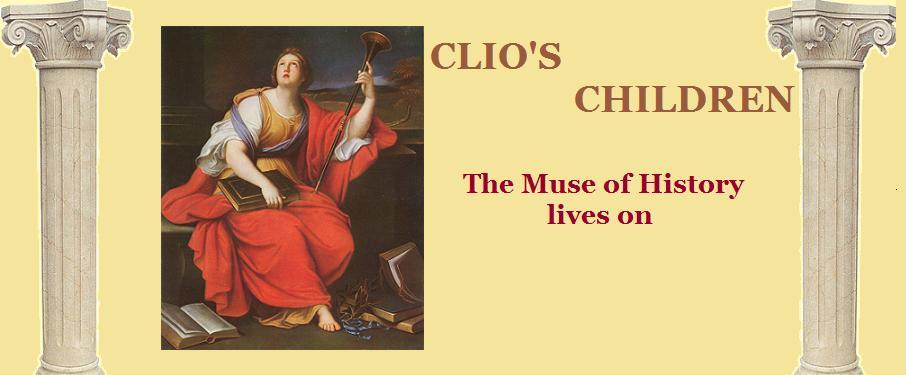 cross-posted from www.stephaniedray.com
cross-posted from www.stephaniedray.comIn 8BC, the month of Sextilis was re-named in honor of Rome's first emperor and we've called it August ever since.
In choosing the month to honor him, Augustus didn't choose the month of his own birth, but rather, the month in which he conquered Cleopatra. Augustus had his detractors, then and now, but it seems only right that we should take this month to celebrate his accomplishments.
Augustus put an end to the civil wars by ruthlessly eliminating all possible rivals. Once he was the unquestioned ruler of the empire, however, he was able maintain a period of relative peace and prosperity for the Romans that lasted more than two hundred years. This became known as the Pax Romana.
A superb administrator, he seems to have attempted to inculcate a love of peace in the Roman mindset that transcended the more traditional aspirations of war-booty and territorial expansion. What's more, unlike his predecessor, Julius Caesar, Augustus had a knack for recruiting men who would not only be useful to him, but also, loyal. Though Augustus wasn't talented on the battlefield, he befriended men of military brilliance, like his school friend, Marcus Vipsanius Agrippa.
Order was the byword of his regime, and he used his authority as "First Citizen" to reform and stabilize the empire. He introduced the notion of publicly funded police and fire fighters. He maintained a standing army to defend Roman territory. He built an unprecedented number of roads and instituted public projects on a scale never attempted before, or perhaps since. He standardized taxation throughout the empire and he restored a great many temples.
Of his most enduring legacies was the effective political use of an appeal to traditional values to silence his critics. Augustus asked the Romans to reform their behavior so as to be in keeping with older and supposedly more simple times. He passed all manner of social legislation that directly interfered with the family lives of his subjects--laws on marriage, adultery, and social obligation. His attempt to transform Roman society was ultimately a failure: within a generation, the debauched days of Caligula were visited upon the Romans. However, the political notion of a culture war endures to this day.
A superb administrator, he seems to have attempted to inculcate a love of peace in the Roman mindset that transcended the more traditional aspirations of war-booty and territorial expansion. What's more, unlike his predecessor, Julius Caesar, Augustus had a knack for recruiting men who would not only be useful to him, but also, loyal. Though Augustus wasn't talented on the battlefield, he befriended men of military brilliance, like his school friend, Marcus Vipsanius Agrippa.
Order was the byword of his regime, and he used his authority as "First Citizen" to reform and stabilize the empire. He introduced the notion of publicly funded police and fire fighters. He maintained a standing army to defend Roman territory. He built an unprecedented number of roads and instituted public projects on a scale never attempted before, or perhaps since. He standardized taxation throughout the empire and he restored a great many temples.
Of his most enduring legacies was the effective political use of an appeal to traditional values to silence his critics. Augustus asked the Romans to reform their behavior so as to be in keeping with older and supposedly more simple times. He passed all manner of social legislation that directly interfered with the family lives of his subjects--laws on marriage, adultery, and social obligation. His attempt to transform Roman society was ultimately a failure: within a generation, the debauched days of Caligula were visited upon the Romans. However, the political notion of a culture war endures to this day.




